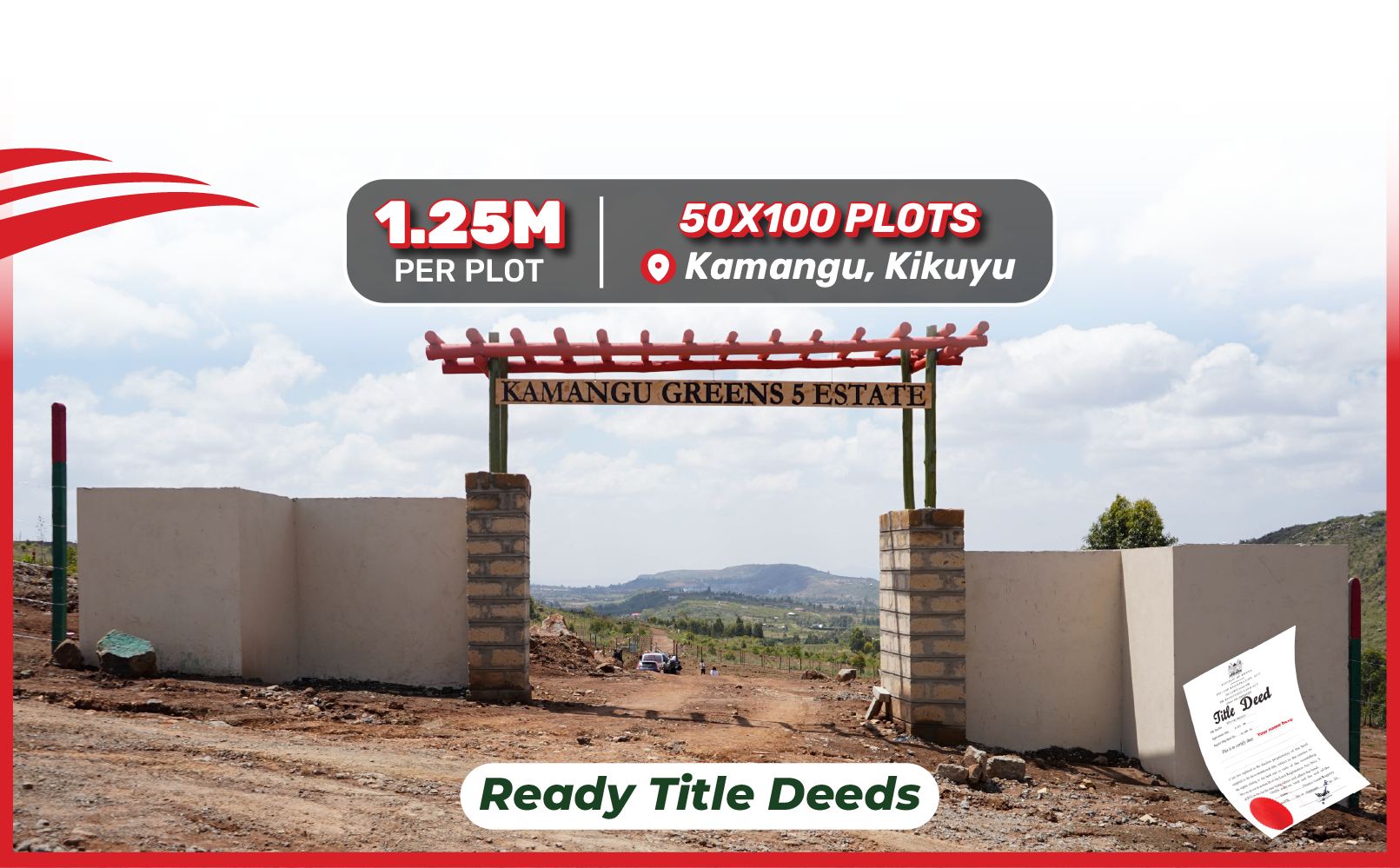How Property Taxes Apply To Vacant Land
Have you ever asked yourself this question?
Like, how do those taxes apply if nobody is on that land yet?
Well, I’ll explain it to you today and show you the importance of property taxes and how greatly they cover your land.
Property tax is a tax that an owner of a property pays to the local government based on the property’s assessed value.
It is always based on:
The market value of the land
The value of land increases as it is serviced by good roads.
Water and sewage systems
Street lights and other security systems
Property taxes are important because they help finance critical services and other public infrastructure.
Governments assess property taxes based on location and value.
The property tax bill is based on the property’s value; the assessments are conducted annually, or when the property is transferred, the assessed value can be the market value.
And if it happens that your property is being used for religious or spiritual purposes, you may be exempt from paying tax.
Spoiler alert! As home prices continue to increase, which means higher property taxes, it is important that homeowners pay property taxes because failure to comply results in the local government imposing a tax lien on your property that has to be paid within a certain period or else the property gets foreclosed.
And definitely nobody wants that; after all, they have invested greatly in it; why not comply with it?
The tax paid is used to fund water and sewer improvements as well as provide law enforcement, among other government structures.
Any owner could lose their property if they fail to pay these property tax rates.
Paying property taxes is mandatory because, regardless of whether you are earning from your property, you must still pay your property taxes.
In each county, all land parcels should be declared ratable, with an appropriate form of rating being applied to each parcel.
The Land Taxation Policy seeks to provide a package of incentives to encourage productive and sustainable use and disincentives for keeping idle land.
Other additional advantages of paying property taxes include:
They have low administrative costs
The cost of administering property taxes is very low compared to other taxes that cost slightly more.
They are predictable
Compared to income or sales taxes, which are subject to changes in employment and consumer trends, they are far more stable. In contrast to general economic conditions, property tends to hold its value over time, regardless of spending patterns.
Since local governments set the rates for property taxes, it is easy to learn about them and have an impact on how they are applied.
Additionally, individual property owners are afforded the chance to contest their assessment.
There’s also an improved overall safety level, as property taxes can discourage speculation and vacant properties.



.jpg)
